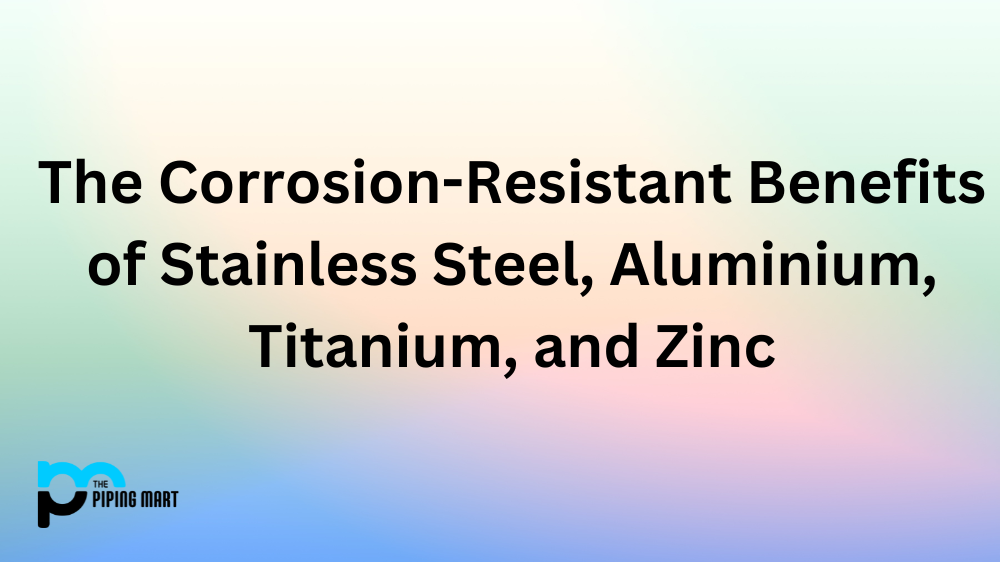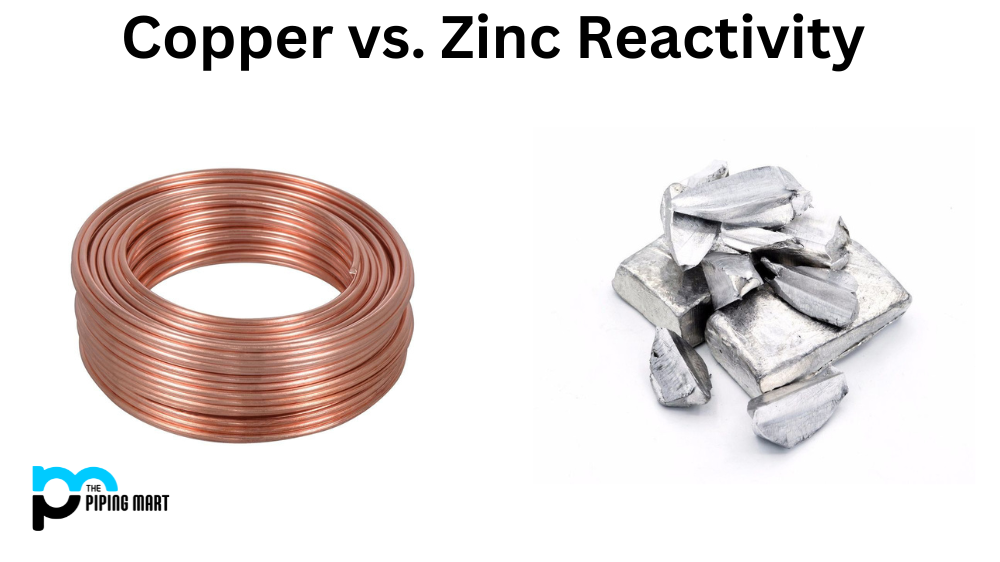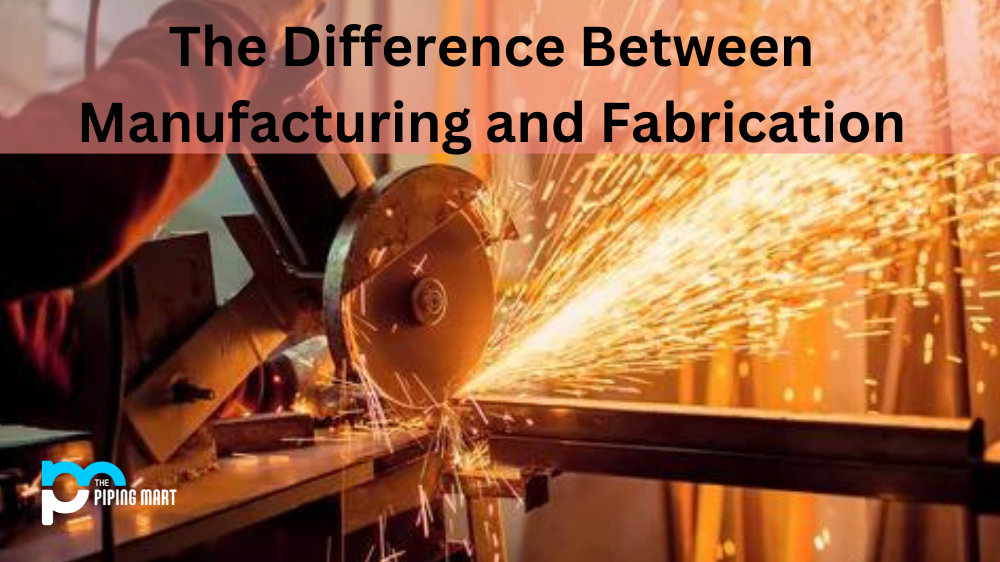If you’ve ever been frustrated by rusty metal objects, you’re not alone. Rust is the result of corrosion caused by a reaction between iron and oxygen in the presence of water or moisture. That’s why it’s important to use corrosion-resistant metals such as stainless steel, aluminium, titanium, or zinc when building or repairing things that need to last a long time. Let’s take a look at the benefits these metals have over traditional iron and steel.
Stainless Steel Corrosion-Resistant
Stainless steel is an alloy made up of iron combined with other elements such as carbon and chromium. The addition of these other elements creates a protective layer around the iron molecules that prevents them from reacting with oxygen and water, thus stopping rusting. This makes stainless steel an ideal material for items like kitchen appliances and utensils, which are often exposed to moisture. It also has excellent strength and durability making it suitable for construction applications such as handrails and structural supports.
Aluminium Corrosion-Resistant
Aluminium is one of the most abundant elements on earth, making it very cost-effective compared to other metals like titanium or zinc. It is lightweight yet strong enough for many purposes, including aircraft parts, window frames, and railway sleepers. Unlike iron or steel, which corrode easily due to their reactivity with oxygen, aluminum forms an oxide coating on its surface when exposed to air which acts as a barrier against further oxidation. This means that aluminium is extremely resistant to corrosion even in harsh environments like coastal areas where saltwater can cause rapid rusting of unprotected metals.
Titanium Corrosion-Resistant
Titanium is a strong but lightweight metal that has been used in everything from aerospace components to medical implants due to its corrosion resistance properties. Titanium gets its resistance from the formation of an oxide film on its surface when exposed to air which prevents oxygen from further reacting with the metal surface and causing corrosion damage. This oxide film also gives titanium its distinctive grey color, which helps make it highly visible in outdoor settings like bridges where it would otherwise blend into the background if left unpainted or untreated, like other metals would be prone to do in similar conditions.
Zinc Corrosion-Resistant
Zinc has been used for centuries to protect other metals from corrosion due to its ability to form a thin layer over the surface of another metal called galvanizing, which prevents rusting by blocking out moisture and oxygen from getting through onto the underlying metal surface below it. Zinc is often used on large structures such as ships where its ability to form galvanic layers can help protect them against saltwater exposure while still keeping them lightweight enough for efficient navigation through open waters without compromising performance or fuel efficiency too much either way – both factors that are essential for modern vessels today more than ever before!
Conclusion:
When choosing materials for your projects, whether small-scale DIY projects or larger commercial applications such as structural support systems or shipbuilding components, selecting corrosion-resistant materials should be your first priority whenever possible – especially if you want those projects to last longer than just one season! Thankfully there are several options available; stainless steel aluminium, titanium, and zinc offer superior protection compared to traditional iron and steel components without sacrificing strength or durability, so you can rest assured knowing your project will remain functional well into years ahead! With proper maintenance, they could even last indefinitely!
Sakshee is a talented blogger, with a particular focus on the Business and Metal Industry. She is passionate about sharing her insights on various metal products and helping professionals to make a better decisions.




